A How-To Guide to Successfully and Safely Lose Weight (7 Tips)
The Role of Healthy Eating
Healthy eating forms the bedrock of any successful weight loss endeavor. Choosing a plant-based diet rich in fiber provides essential nutrients while promoting satiety. The focus shifts from mere calorie counting to nourishing the body with wholesome foods, supporting sustainable weight management in the long term.
Embracing Whole Grains
Whole grains play a pivotal role in sustainable weight loss. Options like quinoa, brown rice, and oats not only provide vital nutrients but also offer complex carbohydrates that promote stable blood sugar levels. Their fiber content supports digestive health, contributing to a sense of fullness and aiding in weight management.
Fiber-Rich Foods Are Essential
Satiety and Reduced Caloric Intake
- Foods rich in fiber tend to be more filling and satisfying. They increase the feeling of fullness and satiety, which can lead to a reduction in overall caloric intake. This is particularly beneficial for those looking to manage their weight by avoiding overeating.
Slower Digestion and Stabilized Blood Sugar Levels
- Fiber, especially soluble fiber found in foods like oats and legumes, slows down the digestion and absorption of nutrients. This leads to a gradual release of glucose into the bloodstream, helping to stabilize blood sugar levels. Stable blood sugar levels contribute to sustained energy and reduce cravings for high-calorie, sugary snacks.
Bulk and Reduced Energy Density
- High-fiber foods often have a lower energy density, meaning they provide fewer calories per gram. The bulk created by fiber in the digestive system promotes a feeling of fullness without contributing excess calories. This encourages a reduction in overall energy intake, aiding in weight loss efforts.
Best Fiber-Rich Foods
Legumes:
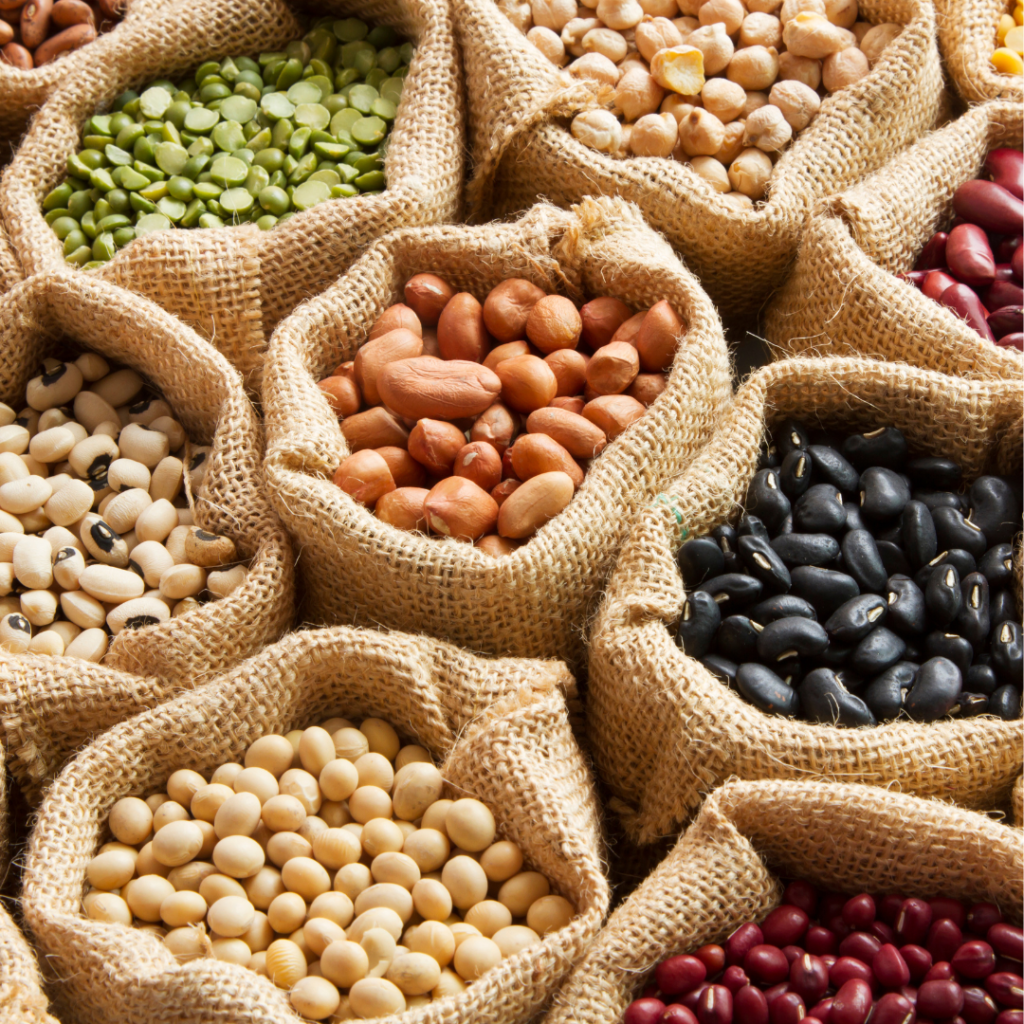
- Examples: Lentils, chickpeas, black beans, and peas.
- Benefits: High in both soluble and insoluble fiber, legumes provide a substantial amount of protein, making them a nutritious and satiating choice.
Whole Grains:
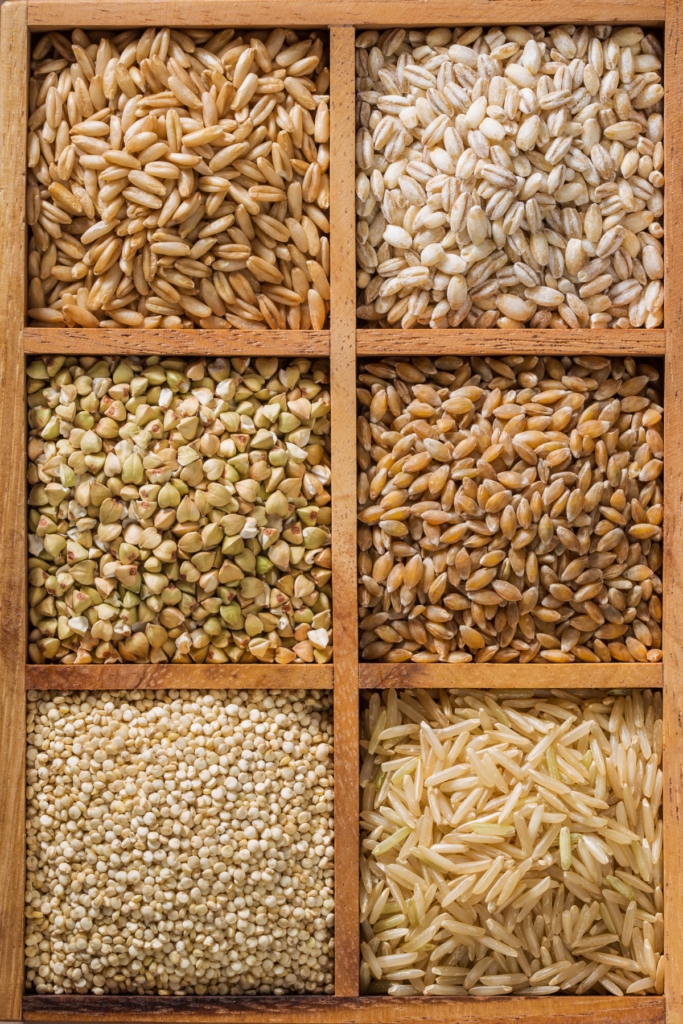
- Examples: Quinoa, brown rice, oats, barley, and bulgur.
- Benefits: Whole grains are rich in insoluble fiber and provide complex carbohydrates, promoting fullness and stable blood sugar levels.
Vegetables:
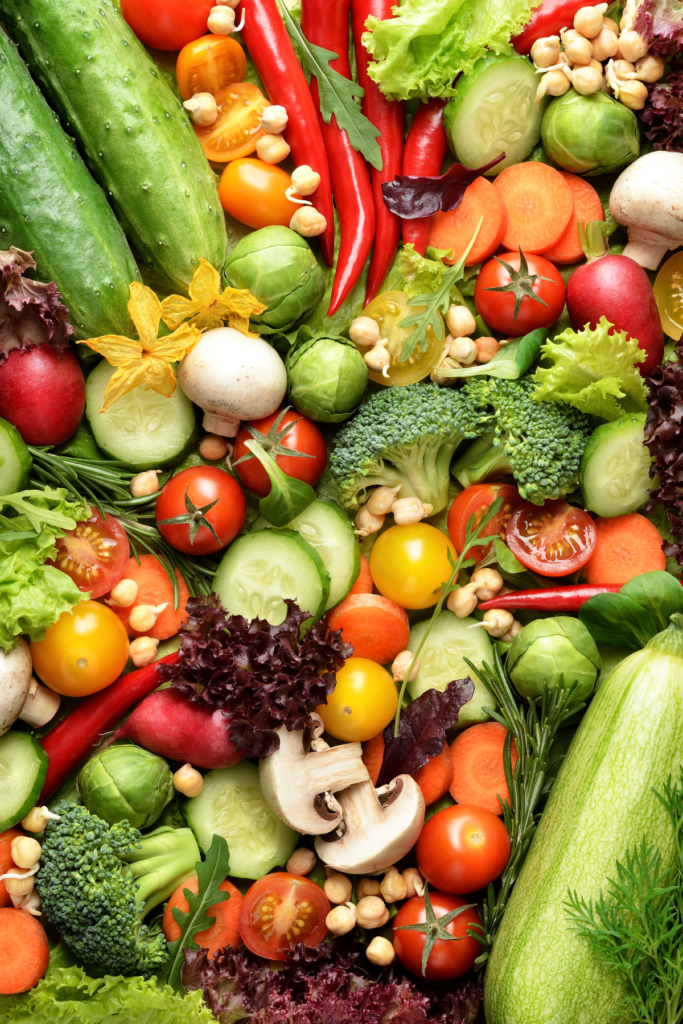
- Examples: Broccoli, Brussels sprouts, kale, spinach, carrots, and sweet potatoes.
- Benefits: Vegetables are excellent sources of fiber, vitamins, and minerals. Leafy greens, in particular, are low in calories and high in fiber.
Fruits:
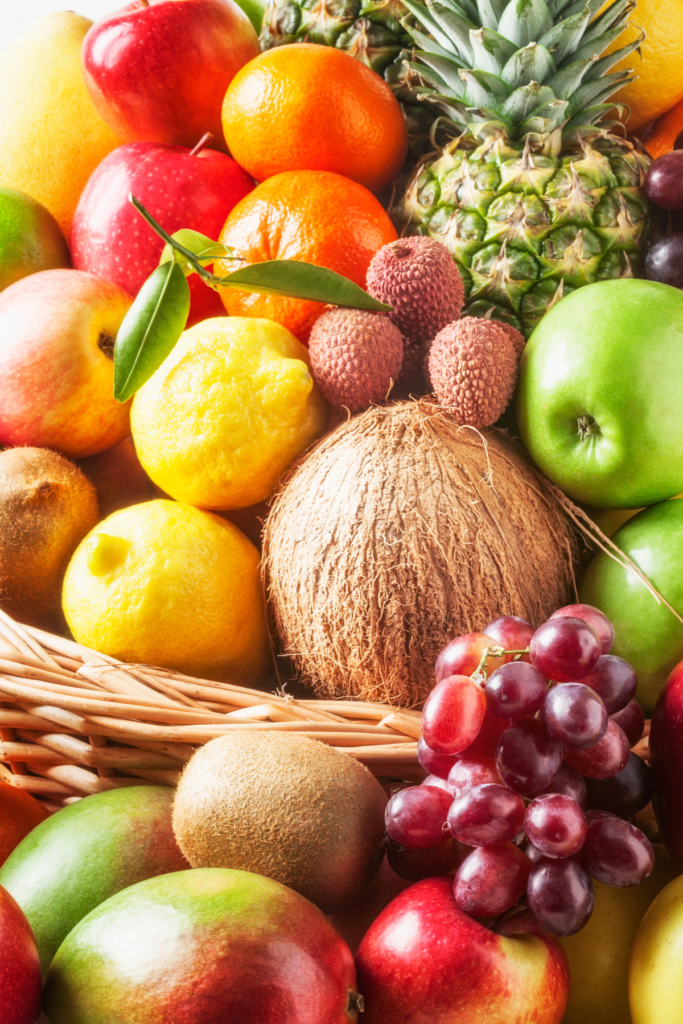
- Examples: Apples, pears, berries, oranges, and bananas.
- Benefits: Fruits are naturally high in fiber, especially soluble fiber. They also provide essential vitamins and antioxidants.
Nuts & Seeds:
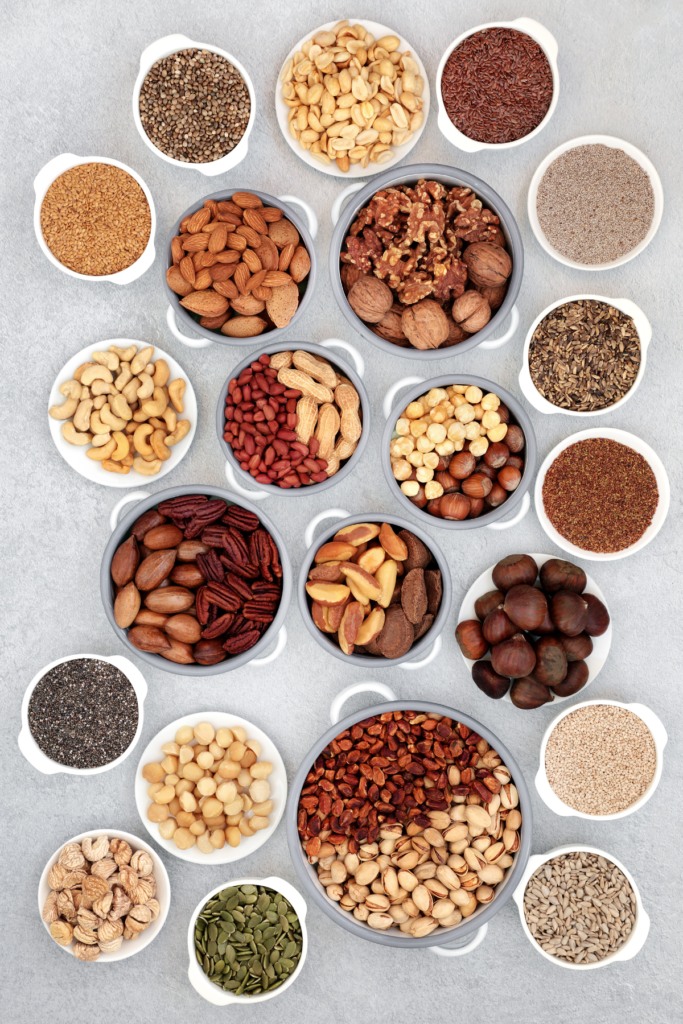
- Examples: Almonds, chia seeds, flaxseeds, and sunflower seeds.
- Benefits: Nuts and seeds are rich in both soluble and insoluble fiber, healthy fats, and other nutrients. They make for satisfying snacks or additions to meals.
Avocado:
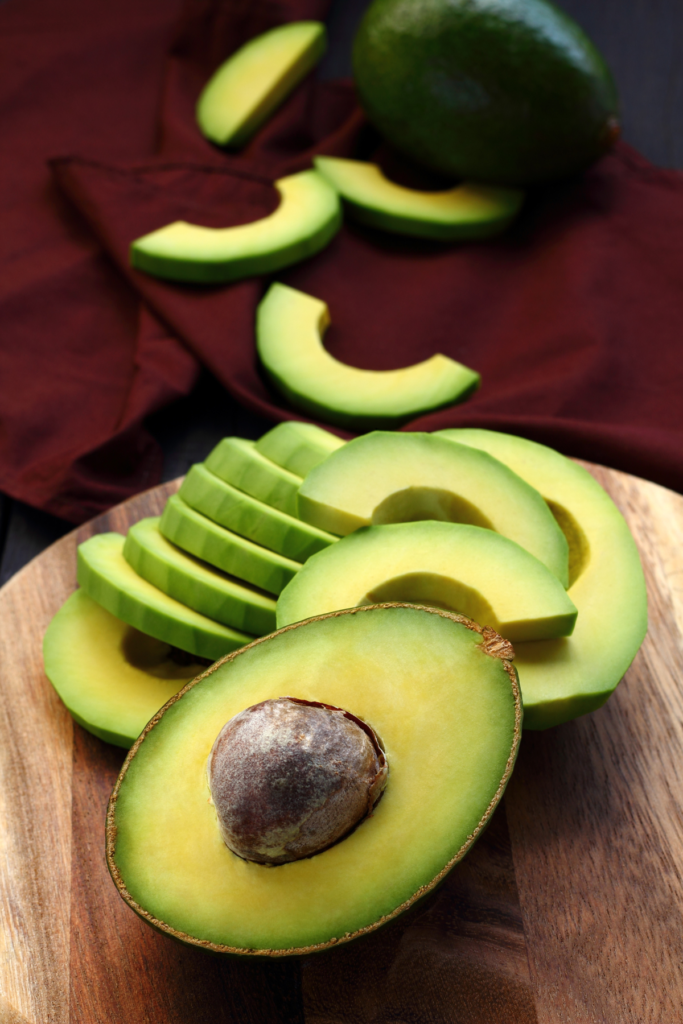
- Benefits: Avocados are not only a good source of healthy monounsaturated fats but also provide a decent amount of fiber, contributing to a feeling of fullness.
Berries:
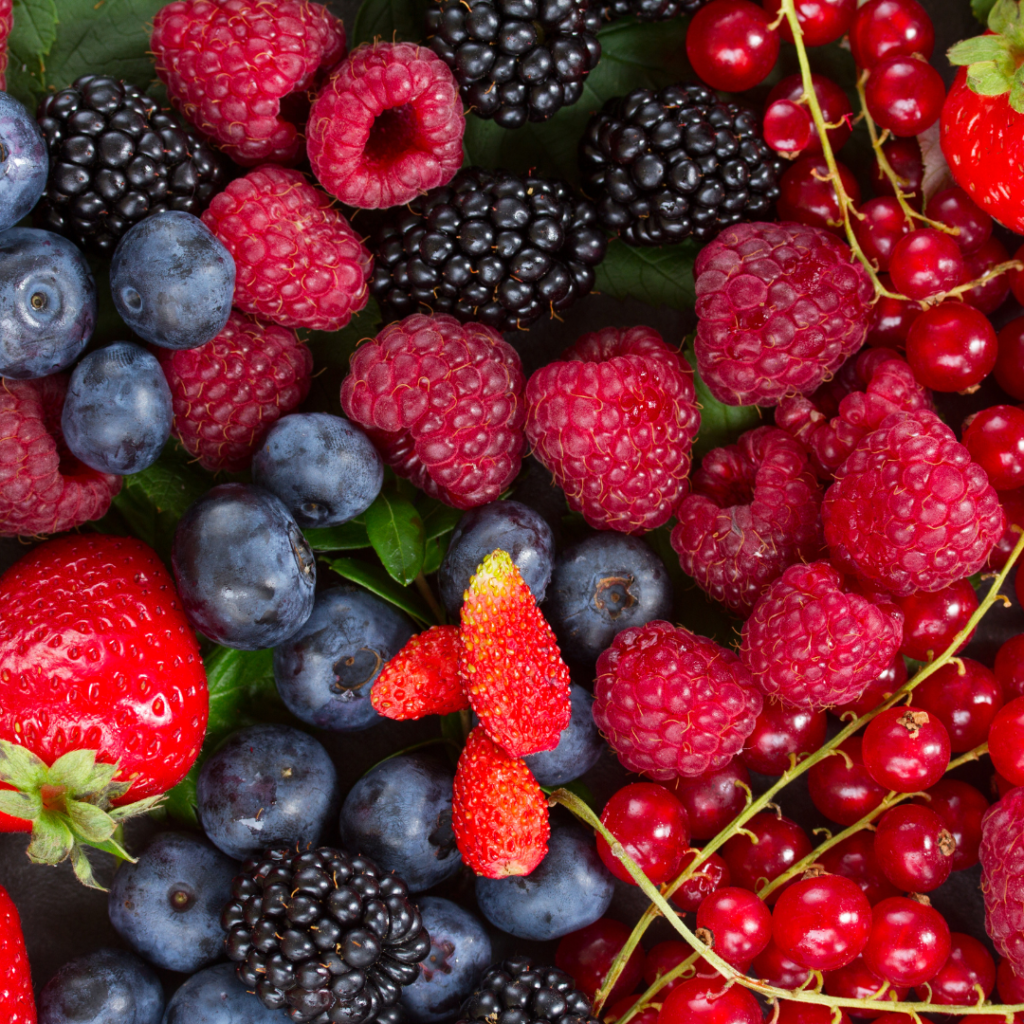
- Examples: Blueberries, strawberries, and raspberries.
- Benefits: Berries are rich in fiber and antioxidants, making them a sweet and nutritious addition to meals or snacks.
Lean Proteins

Lean proteins are vital for preserving muscle mass during weight loss. Plant-based sources such as legumes, tofu, and tempeh offer protein without the saturated fats found in animal products. Maintaining muscle mass is crucial for metabolic rate and long-term weight management.
The Significance of Healthy Fats
Contrary to the misconception that fats hinder weight loss, healthy fats are essential for overall health. Olive oil, avocados, and nuts, when incorporated into a plant-based diet, contribute to satiety and provide essential nutrients. Balancing fat intake is crucial for a sustainable and effective weight-loss plan.
The Role of Social Support

Weight loss is often more successful when undertaken with the support of family and friends. Engaging family members in healthy eating and lifestyle changes creates a supportive environment. Social support enhances motivation, making the weight-loss journey more enjoyable and sustainable.
Sleep Deprivation & Weight Management

Sleep deprivation can hinder weight loss efforts by impacting hunger hormones and increasing cravings for unhealthy foods. Prioritizing sufficient sleep is a simple yet significant way to support overall health and effective weight management.

